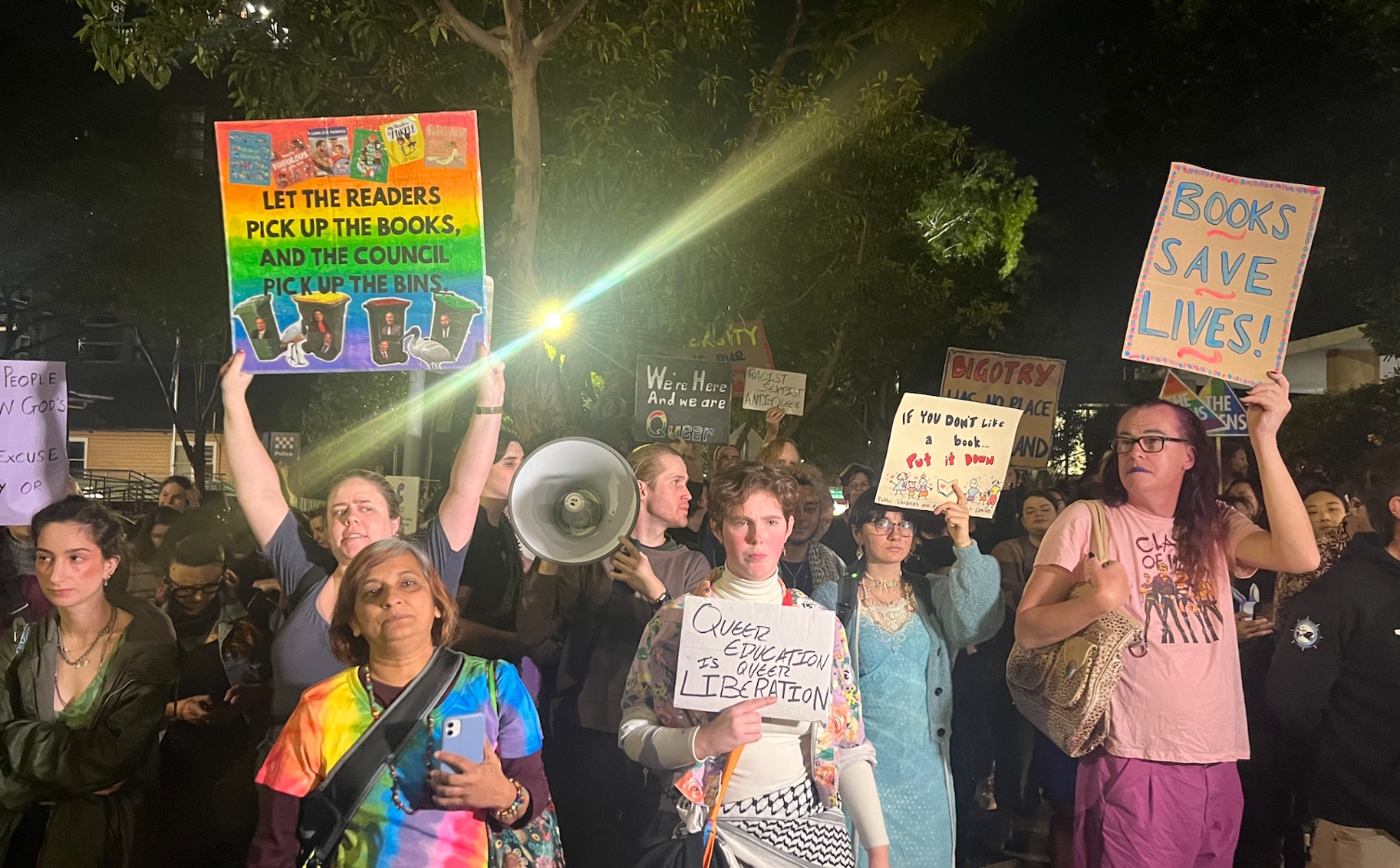

by GRACE JOHNSON
The NSW Government announced on Tuesday that women will now be able to get resupplies of oral contraceptives from pharmacies without seeking a consultation from their GP.
900 pharmacies will participate in the 12-month trial, the second phase of the government’s statewide pharmacy prescribing trial.
The initiative aims to alleviate some of the pressure on GPs and provide greater access to those in regional or rural areas of NSW.
The NSW Health Chief Officer, Kerry Chant, said the scheme had been particularly popular in regional areas, where fewer GPs are available.
Health Minister Ryan Park added that the scheme alleviates pressure on GPs and primary care services.
But Charlotte Hespe, NSW Chair of The Royal Australian College of General Practitioners (RACGP), expressed concern about pharmacies having greater sway in the prescription and supply of contraceptive pills.
Hespe told City Hub that the decision is “a result of pressure from pharmacies to have an increased role in prescribing medications that they think are safe to prescribe.”
“To be fair, there were some complaints by some women that [the contraceptive pill] had been hard to access continuity of provision of prescriptions in certain regions where there was a shortage of GPs and there was actually a community pharmacy.”
“But basically, this is a result of lobbying that pharmacists can take on more work in terms of prescribing.”
Currently, the scheme is only available for certain oral contraceptive pills. Women will be eligible if they are aged 18 to 35 years old, have had a past prescription issued in the previous two years, and are taking the pill for contraceptive purposes.
Hespe says the scheme works well for those that are safely on the pill with no need for other interventions or conversations about alternative choices.
“But that’s the point,” said Hespe. “We don’t have the opportunity to. It’s making the assumption that everything’s the same if you’ve been on the pill for two years.”
“It’s just definitely a missed opportunity in terms of making sure that we are screening appropriately for women in this age range.”
Refilling a prescription with a GP often allows the patient to screen for other potential issues, such as Sexually Transmitted Infections (STIs), domestic violence, mental health issues, breast concerns, and pregnancy planning.
The separation between prescribing and dispensing medicine has long been established in Australia, preventing the conflict of interest that can rise when a health provider gains financially from the medication they prescribe.
“Once you start having the person prescribing also being the person who makes the money from selling that product, then you’ve got a far more blurred line.”









